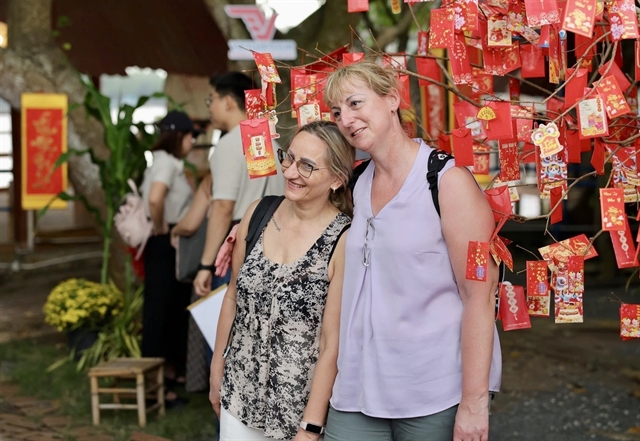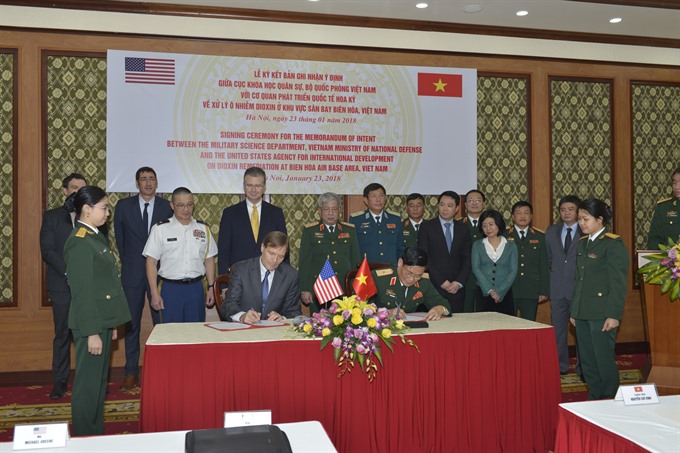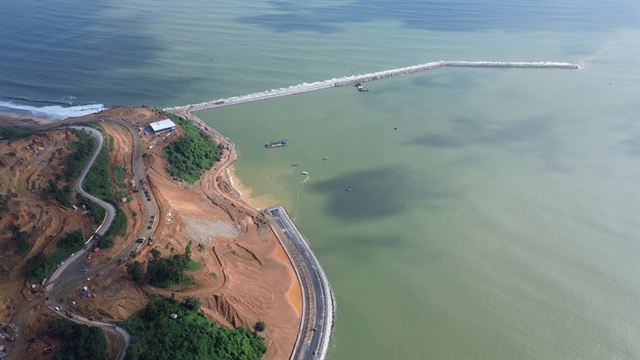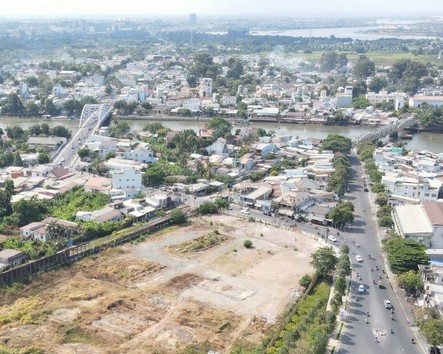 Society
Society

Biên Hoà Airbase Area in the southern province of Đồng Nai will be the next dioxin hot spot to be remediated.
 |
| The process of dioxin contamination remediation at Biên Hoà Airbase area is set to begin after the memorandum is signed. — Photo courtesy of USAID. |
ĐỒNG NAI — Biên Hoà Airbase area in the southern province of Đồng Nai will be the next dioxin hot spot to be remediated.
The US Agency for International Development (USAID) and the Military Science Department under Việt Nam Ministry of Defence, on Tuesday, signed a Memorandum of Intent on dioxin remediation at Biên Hoà Airbase. The US Ambassador to Việt Nam Daniel J. Kritenbrink joined Senior Lieutenant-General Nguyễn Chí Vịnh, deputy defence minister, in witnessing the signing ceremony.
Biên Hoà Airbase area is the largest remaining dioxin-contaminated hot spot in Việt Nam. USAID commits to collaborate with MoD to set the plan in motion and implement the remediation programme in the next several years.
Also, the United States will work with Việt Nam in resolving wartime legacies, while simultaneously deepening the economic, cultural and security relations between the two countries.
Speaking at the ceremony, Kritenbrink expressed his high hopes for the growing United States – Việt Nam partnership.
“The only way to begin a long journey is to take the first step. The Memorandum of Intent is that first step, and the journey begins today. The United States looks forward to working with the Ministry of National Defence on this important initiative, deepening our partnership further, and building a prosperous future for both our countries,” he said.
The United States has collaborated with Việt Nam in addressing humanitarian and wartime legacy issues for nearly 20 years. Their works covers several fields, including the removal of unexploded ordinance, the identification of remains of missing personnel, remediation of dioxin, and addressing health consequences of the war.
The joint United States – Việt Nam team will soon complete a successful five-year, US$110 million effort in cleaning dioxin-contaminated soil at Đà Nẵng International Airport, according to USAID.
Biên Hoà Airbase area used to be the US Military’s major base during the war. Part of the airbase property served for the storage of herbicides used by the US Military in its herbicidal warfare programme.
From December 1969 to March 1970, there were four toxic herbicides spills in the area with some 2,500 litres of “agent white” (a 4:1 mixture of 2,4-D and picloram) and 25,000 litres of “agent orange” containing dioxin. — VNS



